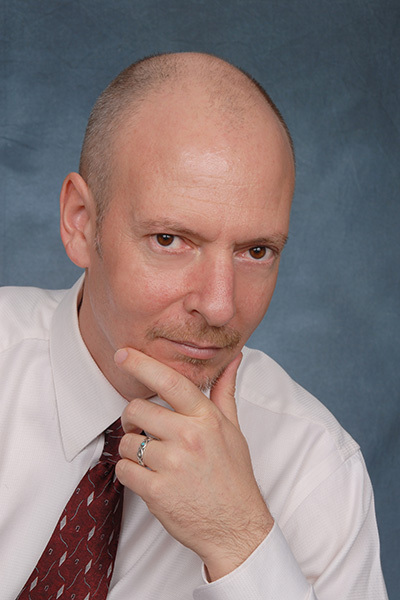Friday Aug 28, 2015
3 Best Strategies For Taking Care of Yourself When You're Near Burnout

Dr. Andrew Shatte, Co-Creator of meQuilibrium, an app that digitally coaches users to help dial down stress levels so that they can focus on things they love to do joins eHealth Radio and the Stress Management & Technology Channels.
Listen to interview with host Eric Michaels and guest Dr. Andrew Shatte discuss the following:
- In addition to co-founding MeQuillibrium, you are the founder and President of Phoenix Life Academy- a company that specializes in measuring and training in resilience. Tell us a little bit about your background and how you came to find such a niche speciality in resilience training.
- A big buzzword going around right now in the workplace is the term 'Burnout'. A recent Staples Advantage study says over 50% of American workers experience burnout. It's something we all want to avoid, yet it seems that the way we work we're all heading for it! The American Institute of stress goes so far to define burnout as "a disabling reaction to stress on the job." Can you share with us the warning signs you're at risk for (or are already in!) a burnout, and your 3 best strategies for taking care of yourself when you're burning down?
- Getting back to resilience, which has been defined as the ability to deal with adversity, be it small daily stressors or traumatic events. Why does it seem like there are those people who seem to deal with resilience better than others? According to scientists, we have the capacity to build resilience. What are 3 suggestions you can give to our listeners when it comes to rediscovering their resilience when they're tapped out?
- Let's talk about how stress affects us at different times of the year. Obviously, the holiday season is probably one of the most stressful periods of the year, but during summer months most of us try to take a break and go on vacation. Only, over a recent Glassdoor study shows an astounding 61 % of US workers admit to working while on vacation. What are some of your suggestions for listeners who have a hard time disconnecting from their job while traveling, when they really should be making the most of their vacation time?
- Now let's get to the new book! The book is called "meQuilibrium: 14 Days to Cooler, Calmer, Happier," and it was written collectively with your colleagues at meQuilibrium. Malika Chopra, daughter of Deepak Chopra, calls the book, "A wonderful guide to creating and maintaining balance and joy in your life." Tell us about how you came to design this 14 day plan, and why our listeners should purchase it!
Duration: 17:46
Dr. Andrew Shatte (Chief Science Officer) has been researching resilience and stress for over two decades and has developed effective programs for children, college students, and corporations. He is a co-creator of the meQuilibrium program.
Dr. Shatté is the founder and President of Phoenix Life Academy, a company that specializes in measuring and training in resilience. He is a fellow at the Brookings Institution’s Center for Executive Education, a former professor of psychology at the University of Pennsylvania, and currently serves as a research professor in the College of Medicine at the University of Arizona. Dr. Shatté has published prolifically in peer-reviewed journals and is the author of The Resilience Factor: 7 Keys to Finding Your Inner Strength and Overcoming Life’s Hurdles.
Dr. Shatté has trained tens of thousands of professionals over the past fifteen years to build their own resilience and coping skills, with demonstrated success in bringing about long‐term change in productivity and performance. Dr. Shatté completed his undergraduate education in his native Australia, with degrees in Philosophy and Psychology, and completed his Ph.D. in psychology at the University of Pennsylvania, where he worked on the first programs in positive psychology. A highly acclaimed teacher and TED presenter, Shatté is a sought-after speaker and consultant and has delivered keynotes at more than 1,000 conferences and conventions.
“Boosting the positives in our lives is at least as important as dealing with the negatives. Conventional medicine and traditional psychology hold that if you’re not sick, you’re well. I think if you’re not sick, you’re at zero. You want to live your life well into the positives. Frankly, any program worth its salt must guide you there.”

Website: www.mequilibrium.com
Version: 20241125
No comments yet. Be the first to say something!